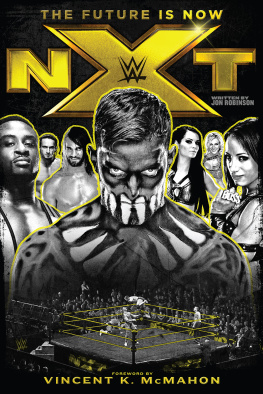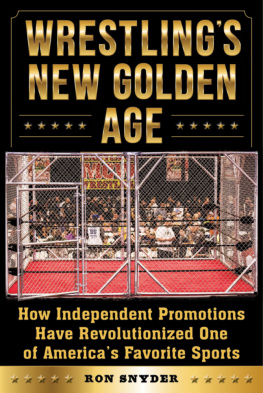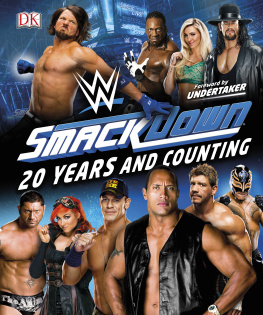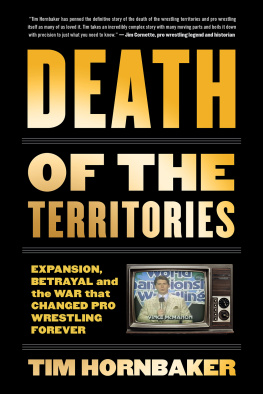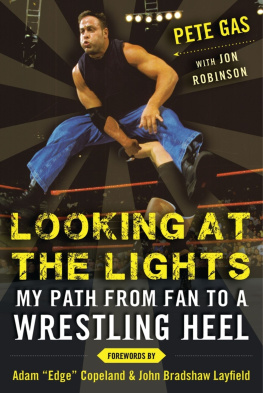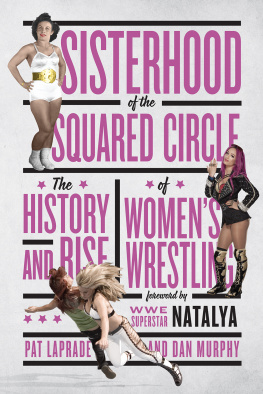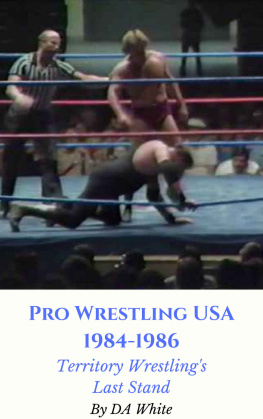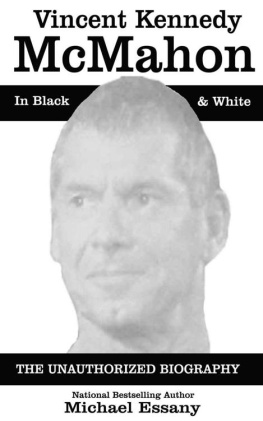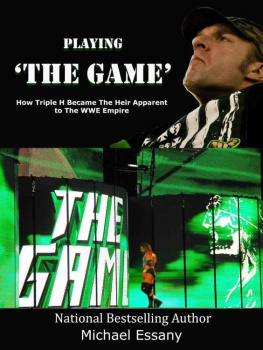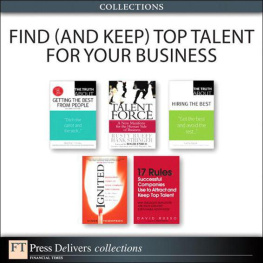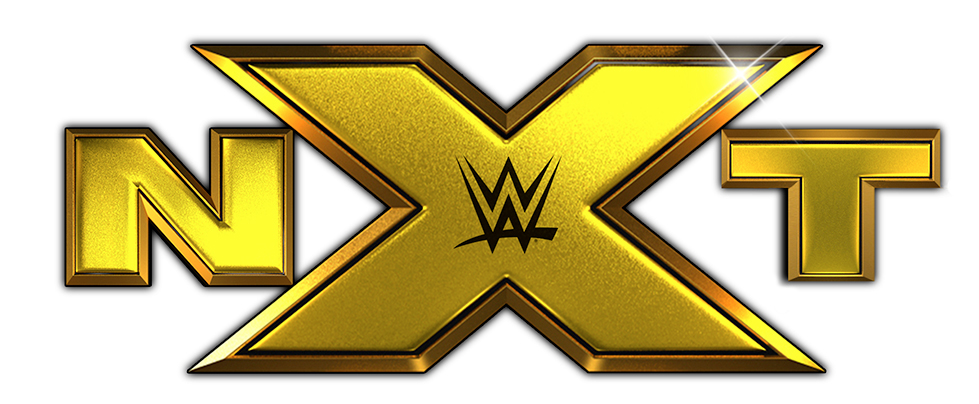When my son-in-law Paul Levesque first described his dream to cultivate the Superstars of tomorrow, even I could not imagine the revolution that lay ahead. The NXT brand that started as a grassroots training ground has far surpassed its role and has become a movement among WWE fans around the world.
Within just a few short years, the WWE Universe has witnessed the creation of an epicenter for innovationthe WWE Performance Centerand within its walls, the development of a brilliant future. There, NXT has bred some of the most impressive competitors and matches of this era. It has attracted world-class talent from every stretch of the globe. It has also forged a strong bond with Full Sail University and its students, providing an opportunity to develop not only our performers, but also the next wave of producers and professionalsa community.
For a glimpse into this transformation, look no further than the many successful stars of todaymany of whom have graduated from their days as NXTs remarkable athletes to become celebrated champions on WWEs roster of globally recognized Superstars.
Kevin Owens. Seth Rollins. Bray Wyatt. Paige. Charlotte. Sasha Banks. The tremendous growth and progress made in Orlando can be easily measured by the accolades of these diverse and talented competitors, and so many others. NXT alumni have competed on The Grandest Stage of Them All at WrestleMania, inspired a Divas Revolution, and carried our richest prize, the WWE Championship. NXT has produced this generation of WWEs greatest Superstars and beyond.
When Paul chose his destiny outside the ring in WWE, I knew to expect great things. I believed in his mission the day the doors first opened at the Performance Center and the night a new NXT debuted. Today, I watch in admiration of Pauls commitment to this most imperative initiative to shape our future. And I look forward to seeing this groundbreaking division flourish for many decades to come.
The wrestling business is going to die unless we change our development system.
Those were the words of Paul Triple H Levesque as he sat down with WWE majority owner, chairman, and CEO, Vince McMahon, back in 2010. Triple Hs full-time in-ring career was winding down, and McMahon wanted his son-in-law to begin his transition to office work. To do that, McMahon sent Levesque on a weekend retreat with the head of each department within WWE corporate. Over the course of two days, Levesque heard every last detail of the business outside of the ring, from marketing and public relations to retail and television production.
The one thing that I thought was strange, says Levesque, is that nobody was talking about where the future WWE Superstars would come from. I remember at the end of the meeting, Vince asked for everyones takeaways. He wanted to know what we thought about the company and where it was headed. A couple people talked, and then Vince turned to me and asked, So, Paul, what do you think? I hesitated at first because I didnt know I was going to be asked a question, but I said, Hey, Im looking at all these things were doing as a company and theyre huge; theyre awesome. As a performer, I had no idea about all the behind-the-scenes dealings that are going on as a global corporation, but I have yet to hear anybody say anything about what were doing to create talent.
With WCW and ECW out of business, and territories a thing of the past, the days of signing top athletes from rival promotions were long gone, and Levesque feared that the talent pool of future Superstars would eventually disappear.
Where will the talent come from? Levesque asked the room of execs. And while he received nods of agreement from those around him, nobody else in the room stepped up to speak out about the issue, and the meeting quickly moved on to other matters. A couple of days later, however, Vince summoned Levesque into his office for a follow-up discussion.
We need to create a new system, Levesque told McMahon. Were a victim of our own success. We survived every other place closing their doors because you created a brand so successful thats all anyone will pay to see. But fast forward 20 years. Who are the nobodies today who will be somebodies tomorrow? I dont see anybody.
And while Vince was moved by Levesques passion, once again, the matter went unresolved. In fact, it wasnt until 2012, when Levesque started to work full-time in the WWE office, that he was finally given the keys to development.
When I started working at WWE Headquarters on a full-time basis, Vince told me to talk to everyone in the office and go through everything. He wanted me to find out what I was interested in. He gave me a ton of options for projects to work on, but I just came right back to development, says Levesque. I told Vince, Im back to where I was a couple of years ago. Everything in the company is fascinating, but where are we going to get our talent from? Where is our future headed without new talent?
At the time, WWEs development system was Florida Championship Wrestling, a small promotion run out of Tampa, housed in a tiny warehouse that was anything but big league, with live shows that typically ran in front of less than 20 people, and a television program that was broadcast only on local Florida TV.
There was a huge disconnect with what we were doing at FCW and what was expected of talent once they made it to Raw, says Levesque. How can we expect someone to jump from working in front of a crowd of 40 and two cameras to a show at Madison Square Garden... and its on live TV? Where are the cameras? What am I doing?
FCW TV didnt give you a lot to be excited about, adds Corey Graves, the NXT and Raw announcer who began his WWE training as an in-ring competitor in Tampa. The matches were fine, but as far as production quality, it aired on some local Florida channel that all of 13 people got, and it just didnt feel like TV. There was no sense of accomplishment from being on FCW TV; it was just for practice. Back in those days, there was such a disconnect between the main office and FCW that the main roster and the office was like this mythical being. We knew they existed, but they didnt pay any attention to us. We were kind of this dirty little secret down in Tampa, doing what we wanted to do because no one was paying attention anyway.
I remember people would come down from the office, whether it be a writer or someone from creative or a producer, and a swarm of guys would crawl over each other just to get a shot at talking to them. All anyone thought about was, Get me out of FCW! Put me on the main roster. We just wanted to get on the road. We were tired of that warehouse, and it was like a dogfight to get aheadto get attention. It wasnt even necessarily to get out of there, you just wanted to know that what you were doing was being paid attention to. Even if the only feedback you got was, Everything youre doing is wrong. You suck. At least you knew that someone at WWE Headquarters realized you existed.

